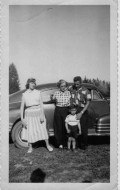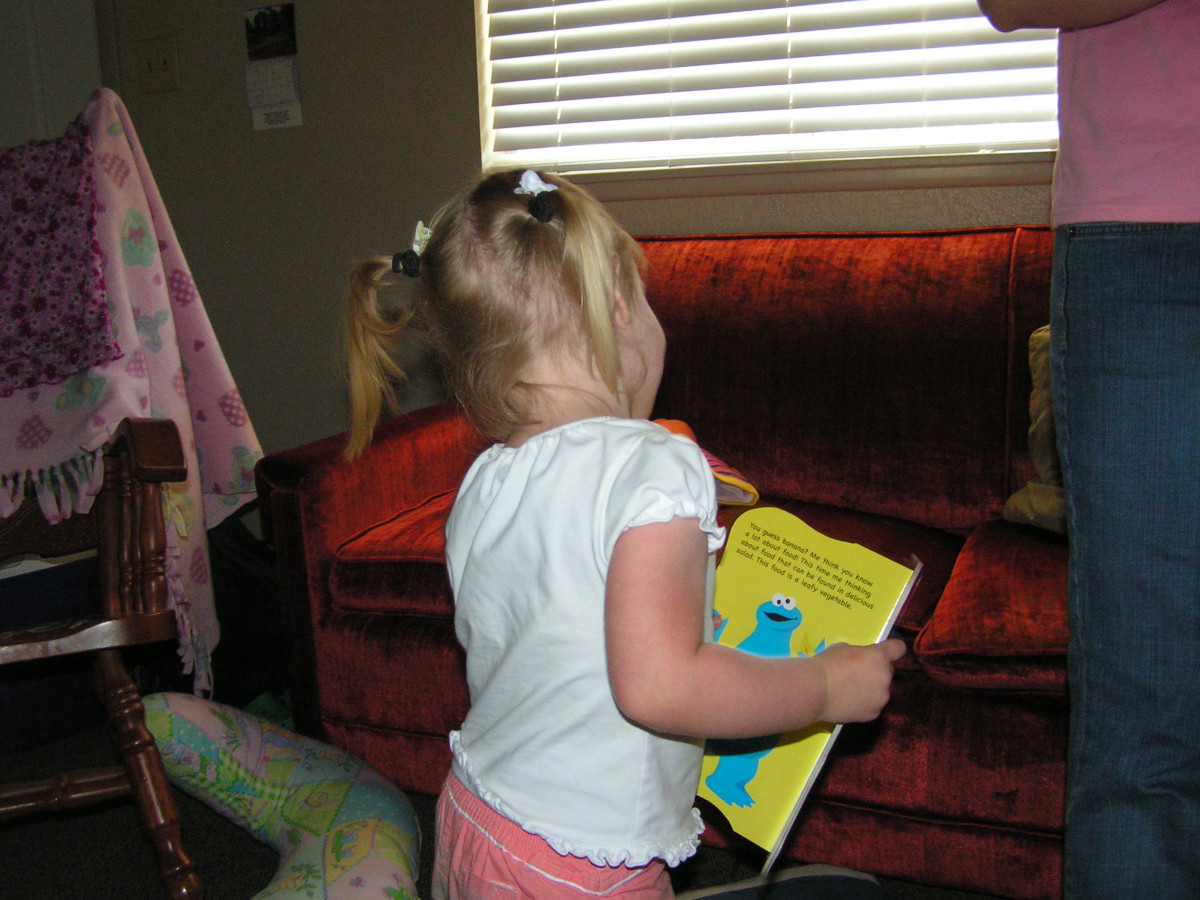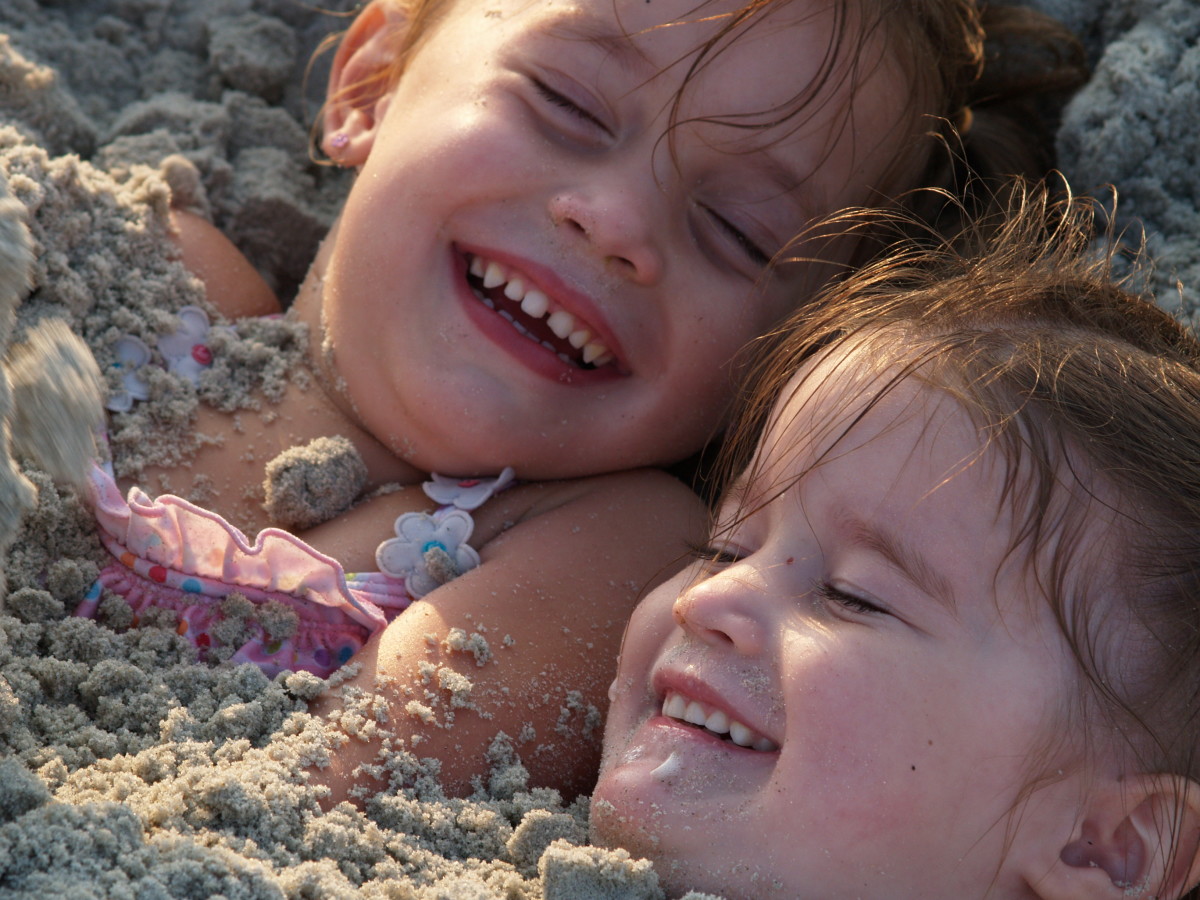Is it Better to be a Parent or Friend to Our Kids?
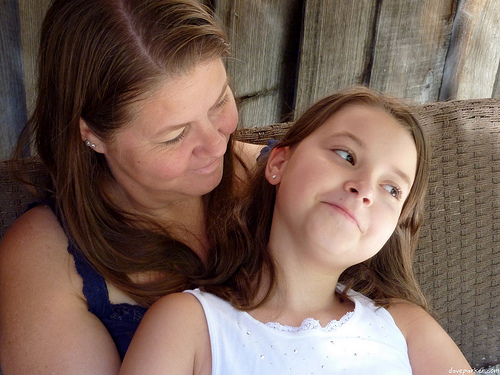
How we parent our children, can have a great effect on the kind of relationships we have with them as they mature into adults. Most parents would like to think they are both parent and friend to their child, but our children can test us as they get older and relationships can become strained. The friendship can turn sour when our kids don’t behave as we would expect them to.
Some parents seem to have very respectful children, whilst others are disrespectful. Some children will grow up to use and abuse their parents in one way or another, whilst others are protective and benevolent.
Parenting can be difficult sometimes, given that our children tend to have different personalities, however, personalities and character traits are two different things. Your child may appear to be a shy, quiet, and funny person on the surface, but the child’s character may at some point, reveal a dishonest, spiteful or unkind person for example.
Sometimes we can be wrong about our children, and feel we have done the best possible job in parenting them. So, how much does the parenting style have an effect on the way our kids treat us?
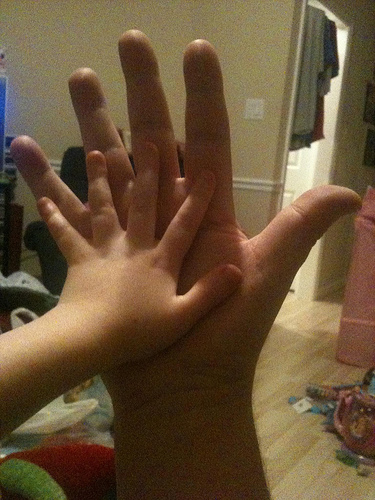
Parenting Small Children
We gaze into their eyes when they are born, and marvel at their tiny perfect hands and feet. Most moms are like the cat that got the cream in those first few days and weeks after giving birth, (tiredness aside!). There is closeness between a mother and her baby that is unlike any other bond and usually fixed for life. A mother’s love is like no other, no matter what happens.
Good parents have disciplined their children in the correct way, and this starts as soon as our children can understand the verbalization of such discipline. We can begin to see the personalities of our kids as they grown into toddler hood. I had four kids and they were all very different and unique in their own way.
Out of my four children, two were more difficult to parent than the others. From their early years onwards, they challenged discipline much more. I put this down to the fact that one had a diagnosis of attention deficit disorder and the other was extremely strong willed. Despite this, I stuck to my perception of “good discipline” and treated them no differently than I did the other two.
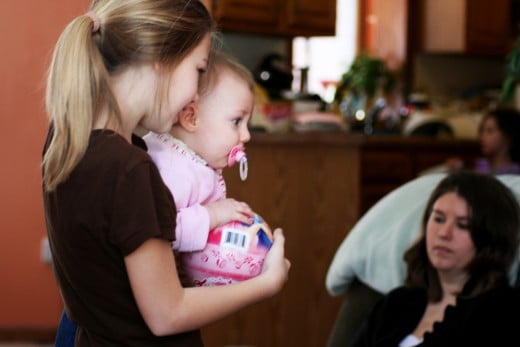
Respect through Discipline
Through equal measures of discipline and love, I grew up with a great deal of respect for my parents. They were old school, and a slap on the bottom wasn’t frowned upon in those days. It didn’t do me any harm, even though I admit to having a little fear now and again when I had been naughty, and knew what the consequences would be! Whilst I had parents that believed in a smacked leg or bottom, my mother in particular was a lot of fun.
I knew both my parents loved me, and as much as mom could adequately correct misbehavior, she could also be playful and let herself go. As I got older we felt just as much like friends as mother and daughter. I carried the healthy respect through to adulthood and knew where the boundaries of “friend” and “parent” were. I guess my mom got things just right.
How do you primarily see your relationship with your children?
Are you a Parent or a Friend to your Children?
Some people will argue that you should naturally be your child’s friend. Very authoritative parents may tell you differently. A balance between the two, paves the way for an extremely good and long lasting healthy relationship. How do we know we are getting that balance right?
Children of Strict Parents with Less Friendship
Is it sad when an adult does not feel it fitting to go to their mother with a problem? I think so, and all my children know they can approach me with virtually any problem.
Authoritative parents, who haven’t got the close friendship with their grown-up children, may not know so much about them. Of course it is possible that some parents, who exert authority, may also have a considered friendship and get the balance just right. If that balance falls short though and leans towards authority only, it can have long term implications on the parent/child relationship.
Advantages of Parenting with Authority
If a fair amount of authority is used when parenting kids, it can have very positive effects on their stability. Below is a list of some of the benefits, but it must be acknowledged, that there are parents who exert so much authority, that it can have the opposite effects.
- Grow up with a sense of security
- Develop a good sense of independence
- Generally tend to have a good level of respect, even if a little fear is attached
- Possibly feel they have more self control
- Have good levels of self-esteem
- Learn good social skills
- Less behavioral problems
Disadvantages of Parenting with Authority
If the level is healthy there are few disadvantages but authoritative parents on the whole, tend to expect more from their children. They expect their child to exhibit certain behaviors and compliance. If this is not received, a frustration can grow between parent and child, leading to a strained relationship. It has been known for children to grow up with mental health issues because they perceived that they fell short of what was expected of them. This can lead to feelings of failure, insecurity, and anxiety with a deep seated anger directed at either themselves or their parents.
Where should fun start and end?
Advantages of Parenting as a Friend
Again, we can cause problems if the parental balance leans too much on friendship. If we get it right however, with an equal amount of authority, we can expect advantages such as:
- Consistent involvement in later years
- A warmer sense of belonging and attachment
- A sharing of personal problems – a confidante to each other
Disadvantages of Parenting as a Friend
Sadly, there are many problems if we turn parenting into too much of a friendship. Our children can respond to an over-friendly parent with disastrous results such as:
- Lack of respect which can also carry on into the school and workplace
- Dependence issues
- A lack of boundaries (on both sides)
- Abusing parents for personal gain
- Greater fear of detachment or loss (parent and child)
- Inappropriate over familiar behavior
Good books on discipline
Should you be Parent or Friend to Your Kids?
Most of us tend to discipline our kids the same way as our parents did. It’s a good point to remember when starting a family of your own. If you know your parents were too strict, you will probably tend to lean over to the friendship side with your own children. Equally, if you know that you don’t have the respect you should have for your own parents, you will probably want to make sure your kids respect you, and lean more to the authoritative side.
All parents should be aware that too much friendship and not enough authority can lead to the kind of relationship that will be tested over and over by the effects of over familiarity and lack of respect.
Over the years, I have seen many parents get it wrong and as most parents, I have made mistakes myself. You know you have got it wrong when your children over step the boundaries that you thought were there, but actually failed to put in place consistently. Authority in my opinion should come first and friendship second. Consistency is vital, and children will soon take advantage of too much friendship.

Remember that your children have friends already; at school and beyond as they become adults. It is not vital that your kids are “involved” in all aspects of your life, nor should you be engrossed in theirs. A small amount of distance is healthy, because they need to be independent, make their own decisions and solve their own problems. Some parents can become over-friendly with their children for personal reasons or gain.
An insecure parent for example, may feel the need for a strong friendship with their kids based on the fear of loss, or because of a need to feel loved. This is what you must ask yourself as a parent:
"Why am I being more of a friend than a parent to my kids"?
Once you can answer that, you will have a better idea of how healthy your relationship with your children actually is.






